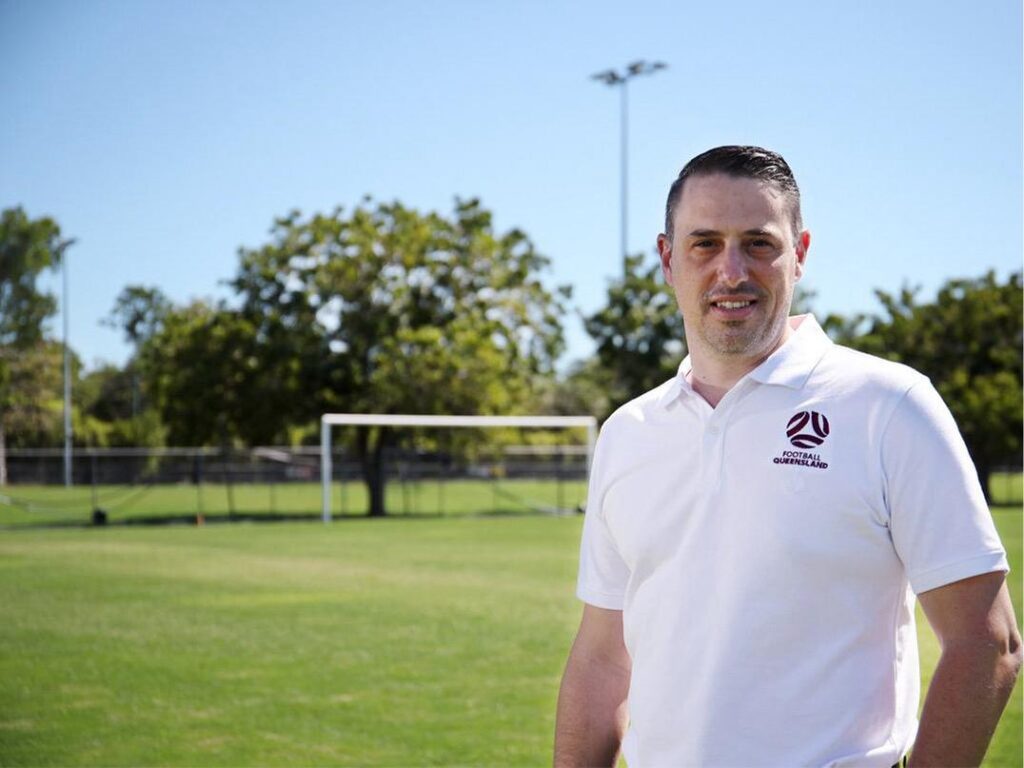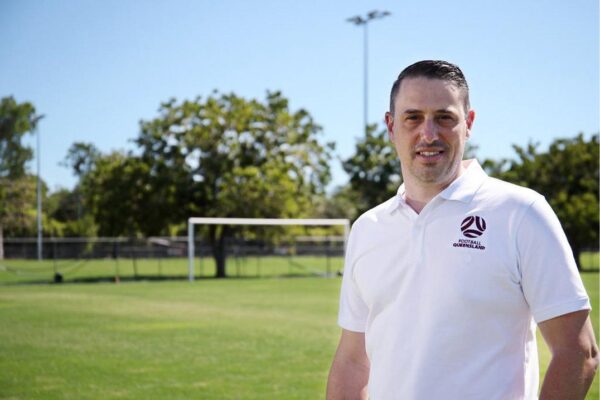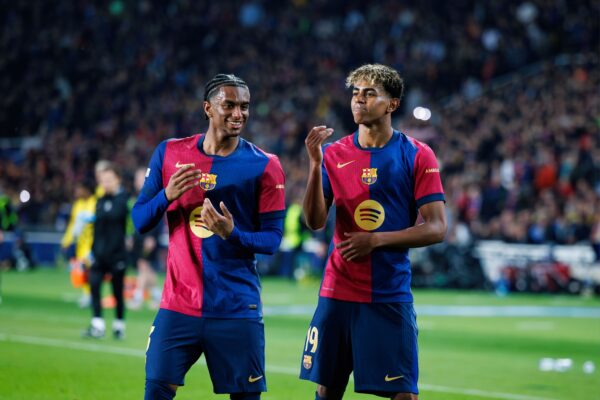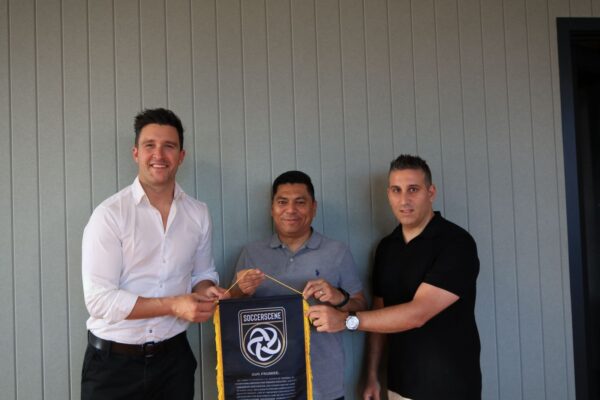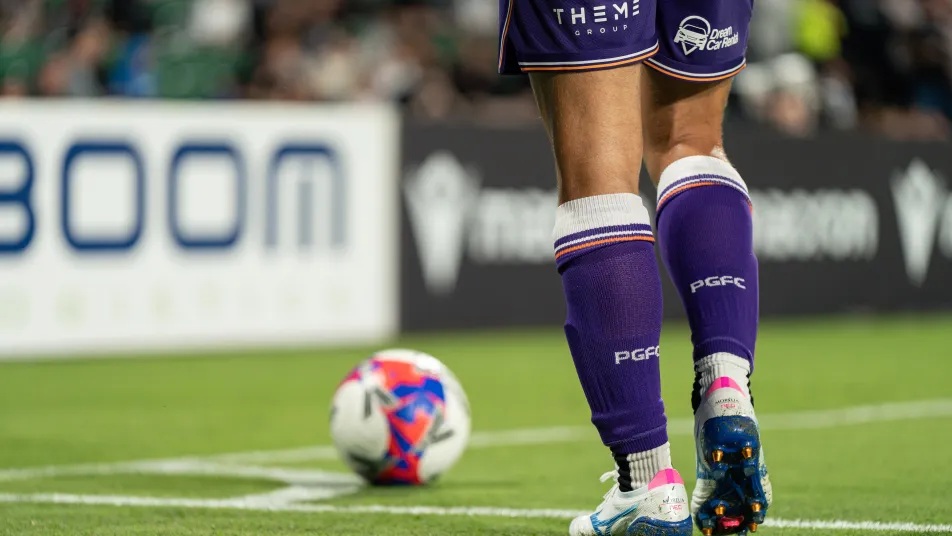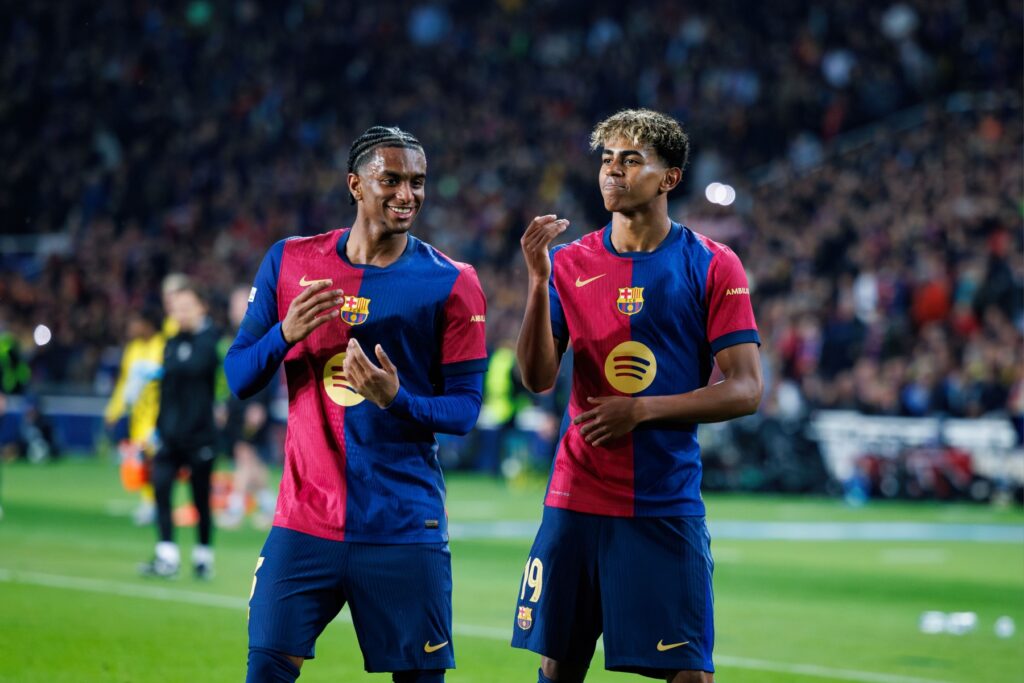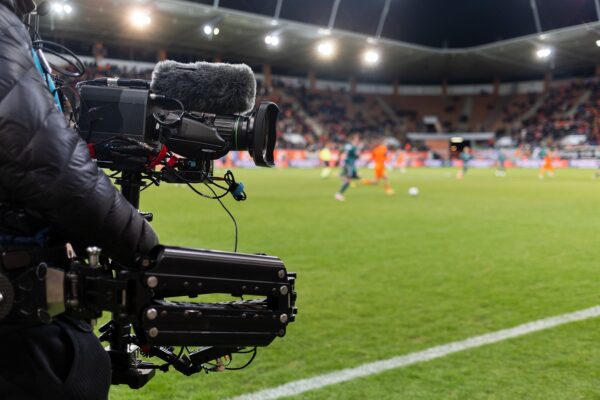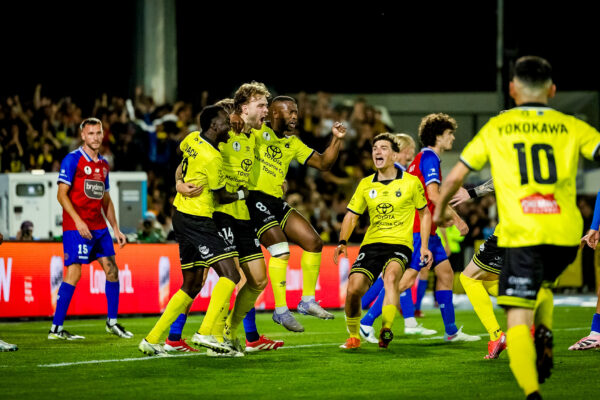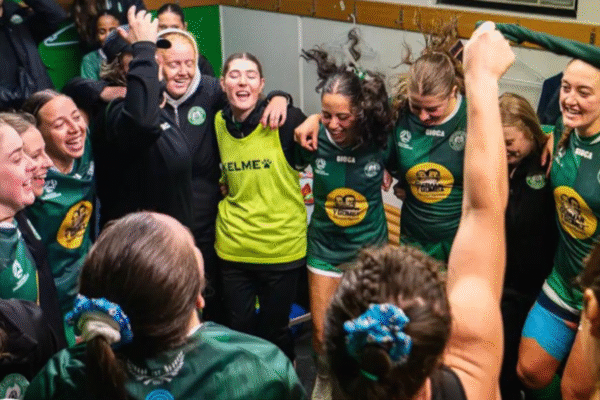There’s something special about a home game. The walk to the ground, the echo of chants through narrow streets, and the sight of familiar faces in the stands all weave together to form football’s cultural heartbeat. It’s the essence of what makes the sport local, communal, and deeply personal.
So when a domestic league decides to move one of its regular-season fixtures to another country, it feels like a breach of that bond. La Liga’s recently cancelled plan to stage a match in Miami is a case in point, a move that was ambitious in its intent but misguided in its execution.
The proposal, initially set to feature Barcelona and Villarreal in Miami this December, was meant to mark the first time a Spanish league match would be played outside of Spain. It was to be a significant moment in La Liga’s international expansion, yet, this week, La Liga confirmed the game would no longer go ahead.
La Liga announced the cancellation in a statement on October 22nd, stating, “the decision has been made to cancel the organisation of the event due to the uncertainty that has arisen in Spain over the past few weeks.”
The explanation might sound clear and logical, but the underlying tone was clear: resistance from players, clubs, and supporters had proven too strong for the league to ignore.
Football’s global reach has never been greater, and the appetite for elite European football across North America and Asia is undeniable. But not everything that makes sense commercially aligns with what makes football special.
A home fixture isn’t just a logistical concept; it’s a symbol of identity. It represents the connection between a club and its community, between the stands and the city they inhabit. When that connection is uprooted for the sake of marketing, the league risks diminishing the very qualities that make it engaging in the first place.
It received extreme backlash…
The backlash from both fans and players was immediate and significant. Across Spain, supporters’ groups voiced anger that such a fundamental change to the league was being discussed without meaningful consultation. Many saw it as a betrayal of local supporters who invest time, money, and passion into following their clubs week after week.
Players, too, made their objections clear. Earlier this season, La Liga footballers staged coordinated on-pitch protests, pausing for 15 seconds at kick-off to highlight their frustration over the lack of dialogue and respect shown by league officials.
The Spanish players’ union publicly condemned the proposal, warning that taking competitive fixtures abroad undermines not only the integrity of the league but also the players’ physical welfare due to travel demands and congested scheduling. Together, fans and players presented a united front, a strong display of solidarity that ultimately helped force La Liga to reconsider its plans.
These objections were more than emotional reactions, they were grounded in the structural logic of sport. The home-and-away format exists to ensure fairness, balance, and authenticity. A club’s “home advantage” is not merely a cliche or superstition; it’s a reflection of support and identity.
La Liga still chasing the Premier League’s revenue records
However, it’s easy to see why the idea was tempting. La Liga faces an uphill battle to keep up with the Premier League’s global dominance.
Broadcasting revenue gaps continue to widen, and both La Liga and Serie A are seeking creative ways to reach new audiences. The Miami match would have been a global showcase, a polished event designed to generate headlines, sponsorships, and international attention.
But if the aim is to build sustainable global engagement, staging a regular-season game overseas is the wrong mechanism. Fans abroad are not asking for borrowed fixtures; they’re asking for connection.
They want access to content, insight, and a sense of belonging, all of which can be achieved through digital outreach or pre-season tours, both of which can be done without disrupting the league calendar.
Serie A should definitely take note. The league is awaiting conformation from FIFA for a proposed competitive league match abroad, with Italian giants AC Milan set to take on Como FC at Optus Stadium on the 8th of February, 2026.
Como FC, in a club statement released for its members, have said that the international fixture and the revenue generated from it will “help ensure survival” for the club and mentioned the enormous financial advantage in English football.
The ambition mirrors La Liga’s idea to expand the league’s global footprint and revitalise revenue streams. Yet, the lessons from Spain are plain to see. If the goal is to grow, do so without compromising the supporters who form the league’s foundation.
Conclusion
Domestic football thrives on the local community, the ritual of weekend fixtures, the generational ties that bind fans to their clubs. When that structure is interrupted for the sake of revenue or global recognition, the game begins to lose its grounding.
That’s why the cancellation of La Liga’s Miami game should be welcomed as more than a logistical decision; it’s an important reminder that football’s heart still beats at home. It suggests that, even amid the relentless pursuit of global growth, there remains an understanding that tradition and community still matter.
Perhaps the idea of regular-season games abroad will resurface in the future, the commercial pressures will certainly persist. But when that conversation returns, it should begin with the fans, and players, not the investors.
La Liga’s decision may have disappointed some executives and sponsors, but it has restored a small measure of balance to the sport’s ongoing tension between profit and culture
